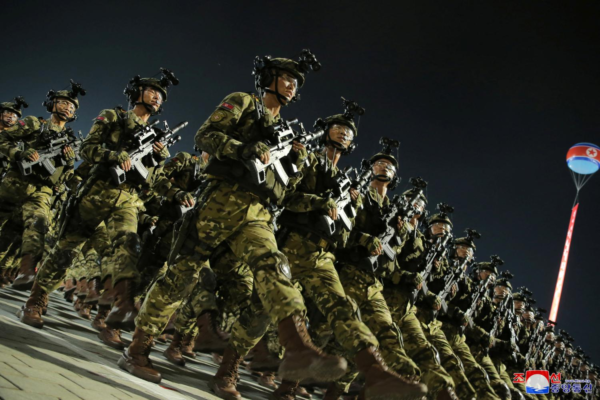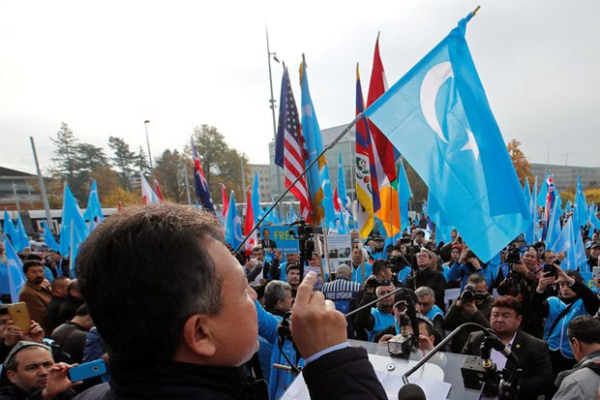Church in village of Myanmar’s Catholic leader bombed in junta raid
Read RFA coverage of these topics in Burmese. Junta forces damaged a church in the home village of Myanmar’s most prominent Christian, Cardinal Charles Maung Bo, one of several religious buildings destroyed in fighting between the military and pro-democracy forces, residents told Radio Free Asia on Thursday. Bo, Myanmar’s Roman Catholic leader, lives in the main city of Yangon and was not in Mon Hla village, in the central Sagaing region, when a junta drone bombed St. Michael’s Church on Wednesday night. “They’ve destroyed an entire side of the church, the whole right side,” said one woman in the village, who declined to be identified in fear of reprisals. The church’s bell tower and nave were also damaged, she said. Opponents of the junta have accused the military of targeting Christian and Muslim places of worship, destroying hundreds of them in its campaign against insurgent forces and their suspected civilian supporters. Bo has in the past called for attacks on places of worship to end and in 2022, he called for dialogue after a raid by junta forces on his home village. The junta’s spokesman in the Sagaing region said he “didn’t know the details of the situation yet.” About a third of Mon Hla’s population are Roman Catholic, rare for a community in predominantly Buddhist Myanmar’s central heartlands. Its residents trace their origins back to Portuguese adventurers who arrived before British colonial rule. Residents said it was not clear why the military attacked the village as there was no fighting with anti-junta forces there at the time. Thirteen people were wounded in two previous attacks on the village in October, they said. There were no reports of casualties in the Wednesday night attack on Mon Hla. Many villagers fled from their homes the next day when drones reappeared in the sky, the woman said. “We had to flee yesterday. Then today, the drones retreated so we could return. Now, we’ve fled again,” she said. The Sagaing region has seen some of the worst of the violence that has swept Myanmar since the military overthrew an elected government in early 2021. Insurgents groups set up by pro-democracy activists are waging a guerrilla campaign in many parts of Sagaing, harassing junta forces with attacks on their posts and ambushes of their convoys. The military has responded with extensive airstrikes, artillery shelling and, increasingly, drone attacks. In Kanbalu township, about 40 kilometers (25 miles) to the north of Mon Hla, junta forces attacked two villages, Kyi Su and Kyauk Taing, torching about 400 homes including two Buddhist monasteries and two mosques, residents there told RFA. “Our people had to run from the bombs dropped by drones,” said one resident of Kyi Su. “But for those who ran, their homes were raided and burned.” “Two monasteries are in ashes and two of our Muslim mosques are unusable.” Residents said many of the destroyed homes were simple, thatch huts, put up to replace homes destroyed in earlier fighting. RELATED STORIES Mass killings on the rise in Myanmar for fourth straight year Myanmar junta forces kill dozens in attack on monasteries Aid workers arrested, killed amid junta crackdown in Myanmar Translated by Kiana Duncan. Edited by RFA Staff. We are : Investigative Journalism Reportika Investigative Reports Daily Reports Interviews Surveys Reportika



